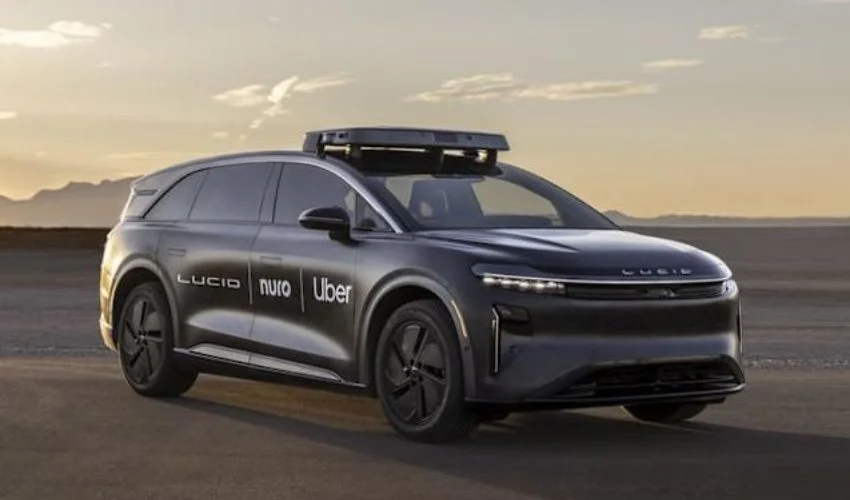Silicon Valley-based Lyten lithium-sulfur batteries maker is stepping into Europe’s EV market with big ambitions, taking over the failed Swedish battery company Northvolt’s assets. The move is being positioned as a chance to reduce Europe’s heavy dependence on Chinese battery suppliers, but convincing automakers and investors will not be easy.
Lyten surprised the industry on August 7 by announcing the acquisition of Northvolt’s facilities. While this purchase offers a potential lifeline for Europe’s EV battery production, industry experts remain cautious. Many automakers and financiers burned by Northvolt’s downfall are demanding proof that Lyten can deliver high-quality, scalable products before committing again.
The company plans to maintain Northvolt’s lithium-ion operations while focusing on scaling its own lithium-sulfur batteries—a next-generation chemistry promising lighter, cheaper, and less resource-dependent solutions. However, Lyten lacks Northvolt’s massive $50 billion order pipeline and will need substantial funding to achieve production at scale. Currently, the startup only produces cells at a pilot plant in Silicon Valley.
Stellantis, which holds a 2% stake in Lyten, has been testing applications of its lithium-sulfur technology for EV batteries, composites, and sensors since 2023. But executives from Stellantis and other automakers stress that any long-term supply deals will depend on successful validation and industrial scale-up in Europe.
Northvolt’s sudden bankruptcy earlier this year, burdened with $8 billion in debt, left its customers—including Volkswagen, Scania, and Volvo—scrambling for alternatives. Some brands remain open to returning if Lyten demonstrates consistent quality, while others are cautious after losing confidence in the Swedish firm.
Analysts note that acquiring Northvolt’s R&D hubs could help Lyten bring lithium-sulfur EV batteries to mass production as early as 2028, faster than its previous timeline. Still, experts believe commercial adoption before 2030 is unlikely, given the technical hurdles.
Competing startups like Germany’s Theion, Australia’s Gelion, and U.S.-based Zeta Energy are also racing to commercialize the same technology, while Chinese giants CATL focus on more advanced semi-solid and solid-state cells.
Lyten’s leadership insists that the merger of Northvolt’s European research base with its Silicon Valley expertise could accelerate innovation. The company is also seeking large capital injections and plans to apply for EU battery development grants. Yet, industry insiders warn that Europe’s battery makers must survive the so-called “valley of death” of unprofitable production before they can rival Asia’s dominance.
Read More: Hyundai Elantra Now Available in Pakistan for Just Rs. 3.9 Million
For now, the spotlight is firmly on Lyten lithium-sulfur batteries as Europe watches to see if this Silicon Valley disruptor can succeed where Northvolt failed—reshaping the continent’s electric vehicle future.









